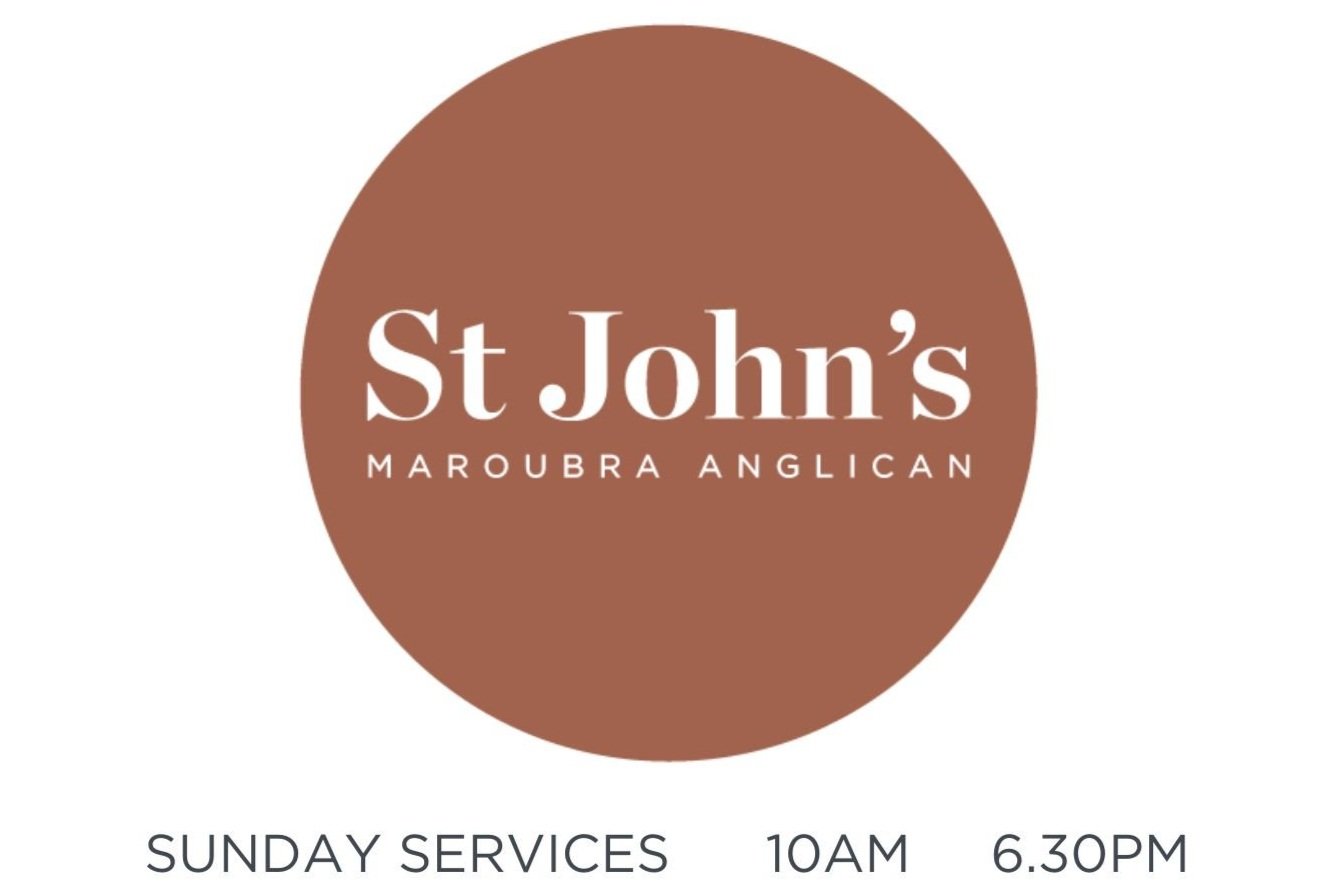Yindyamarra (Wiradjuri)
Respect, to be gentle, to be polite, to do slowly
Two New Words
Midnight Oil have released a new album. This will make old people like me excited enough to do ourselves an injury. I can see Clement Lo doing 'The Garrett’ in his lounge room right now. It is called ‘The Makarrata Project’. What is makarrata? It is a Yolngu word for ‘coming together after a struggle’. An idea you might in Christian terms call ‘reconciliation’, or in political terms ‘agreement’ or ‘treaty’.
It is an amazing fact that Australia is the last remaining non-independent, but legally autonomous country in the Commonwealth that does not have a treaty with its’ minority indigenous peoples.
Here is another new word - yindyamarra. In Wiradjuri language, yindyamarra means respect and gentleness and doing slowly. I am on a yindyamarra learning curve. I note the assumption of the word that gentleness is respect, and both happen through slowness. This reveals several deeply-linked values in Wiradjuri culture and, I am told, in many First Nations cultures. So I am on a campaign to slow myself down, and to listen gently to what aboriginal Australia is saying.
There is much to stop this listening. Wider Australian culture moves quickly. It is focussed on immediate agendas. It works fast. It is a talking culture, not a listening culture. I am resolved to work against my cultural defaults and do what I think many Australians want to do - see if indigenous Australians are speaking with a common voice that needs to be heard.
Is there a Common Voice?
Surely it is impossible to ask people from over 500 ‘nations’ to speak with a common voice? I have been listening into Megan Davis, Noel Pearson, Aunty Pat Anderson and Dani Larkin, who are some of the spokespeople on behalf of the ‘Uluru Statement from the Heart’ (2017). I was surprised to learn from them that the Australian Federal Government’s Referendum Council asked Indigenous Australians to start a process to speak their view of things. This was in response to the Recognition of Aboriginal & Torres Strait Island Peoples Act (2013) and the Joint Select Committee on Constitutional Recognition (2018).
12 regional dialogues were held around Australia in 2016 and 2017, and the progress was gathered in one national convention, held at Uluru. 1200 First Nations peoples attended these dialogues on behalf of communities. From this came the Uluru Statement from the Heart. It can be summarised as a united call for a voice, a treaty and truth-telling. It is worth reading. You may not agree with everything. but it is possible to listen.
Voice. Treaty. Truth.
I decided to hear what was being said about the voice, first. The statement calls for ‘the establishment of a First Nations Voice enshrined in the Constitution’ (from the Statement from the Heart).
You will remember that this was refused immediately by Malcolm Turnbull ‘as a third chamber of Parliament’. It was further drowned out by the Same-Sex Plebiscite, which happened at the same time.
It may surprise you that when the request was made to Indigenous leaders for a response, Turnbull and Shorten outlined 5 possible responses constitutional reforms to feed into community discussion Megan Davis summarises them as:
A Racial Non-Discrimnation clause
A Change to Race Power (Section 51.26)
A statement of recognition in the Consitutional Preamble
Agreement-making
A Voice to Parliament
They got back one they had previously agreed to discuss - a voice to Parliament. I guess they were thinking something like the old ATSIC, which was abolished in 2004.
What was the response? Barnaby Joyce mocked the voice as a ‘third chamber’. Turnbull picked the phrase up from him. Joyce has since said he was wrong to characterise it this way, though he rejects any form of constitutional change.
Questions about the Voice to Parliament
Would a Voice be a ‘third chamber’ of Parliament?
No. It would have no legislative power. It would possess a speaking power. It would be a voice to Parliament, not a vote in Parliament.
Would a Voice be representative of all Aboriginal Australia?
The detail of representation is not worked out. That would be a good thing for Indigenous Australia to discuss and us to listen into. First, however, the talk needs some oxygen.
Why place this body in the Consitution?
Noel Pearson describes it as being ‘bolted into institutional power’. he remembers how quickly ATSIC was abolished by a single government. He says in a recent seminar,
‘We have to face the truth that we have immense moral power. Immense symbolic power. Very strong psychological power in the Australian nation. What we don’t have is institutional power. We don’t have an institutional power with which to advance our voice.’
A Strange Irony
I write this mid-US election. Like many Australians, I have been hanging on it all with a strange but understandable interest. These are the affairs of a country strangely distant from ours. Yet we are understandably linked. My interest makes sense. There is a greater strangeness - the real strangeness is that I have less interest in some key affairs in my own country. Questions of justice and truth and righteousness that I have a real hand in. Where my vote actually counts.
I will write soon on ‘Treaty’. I commend to us a healthy dose of yindyamarra.

